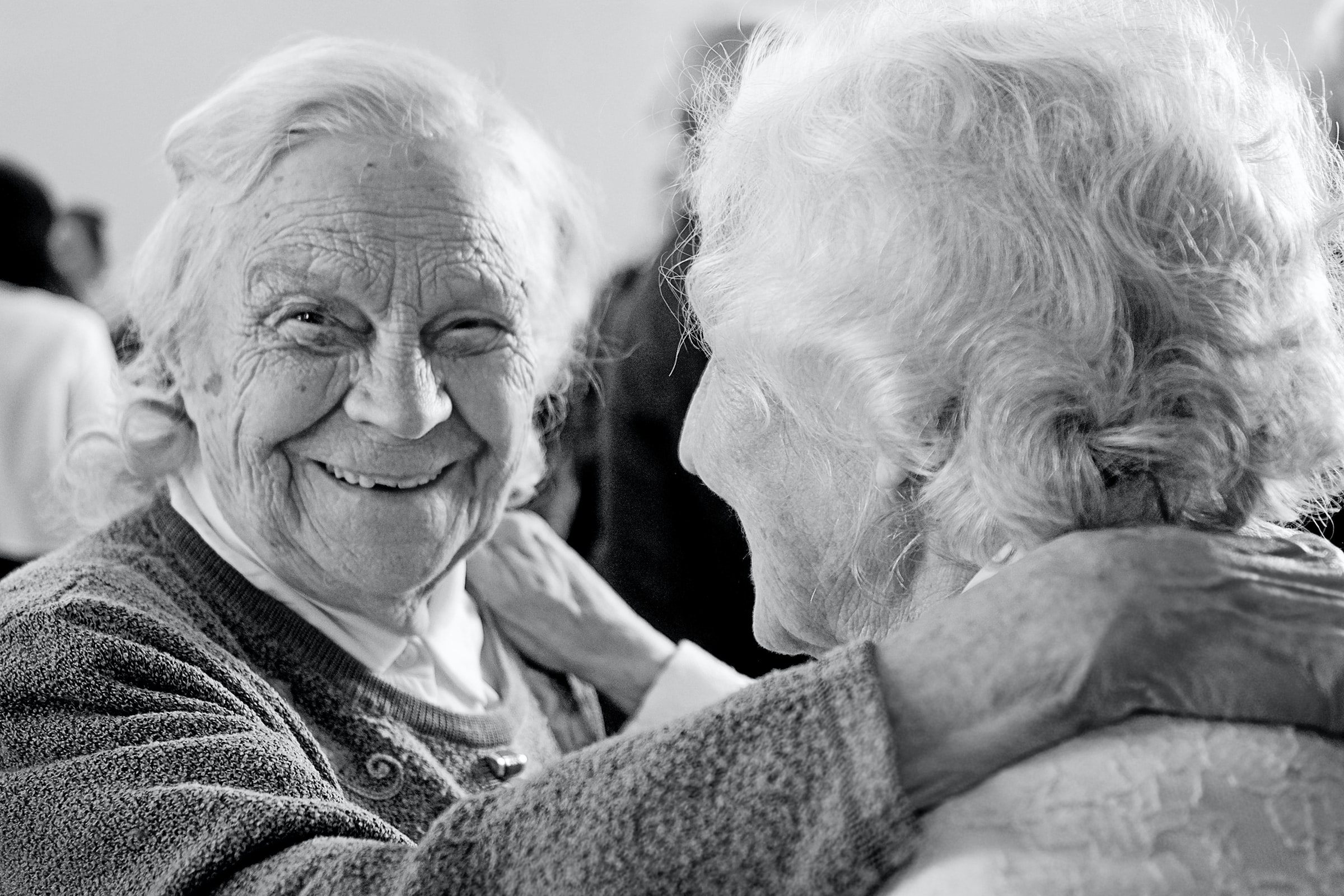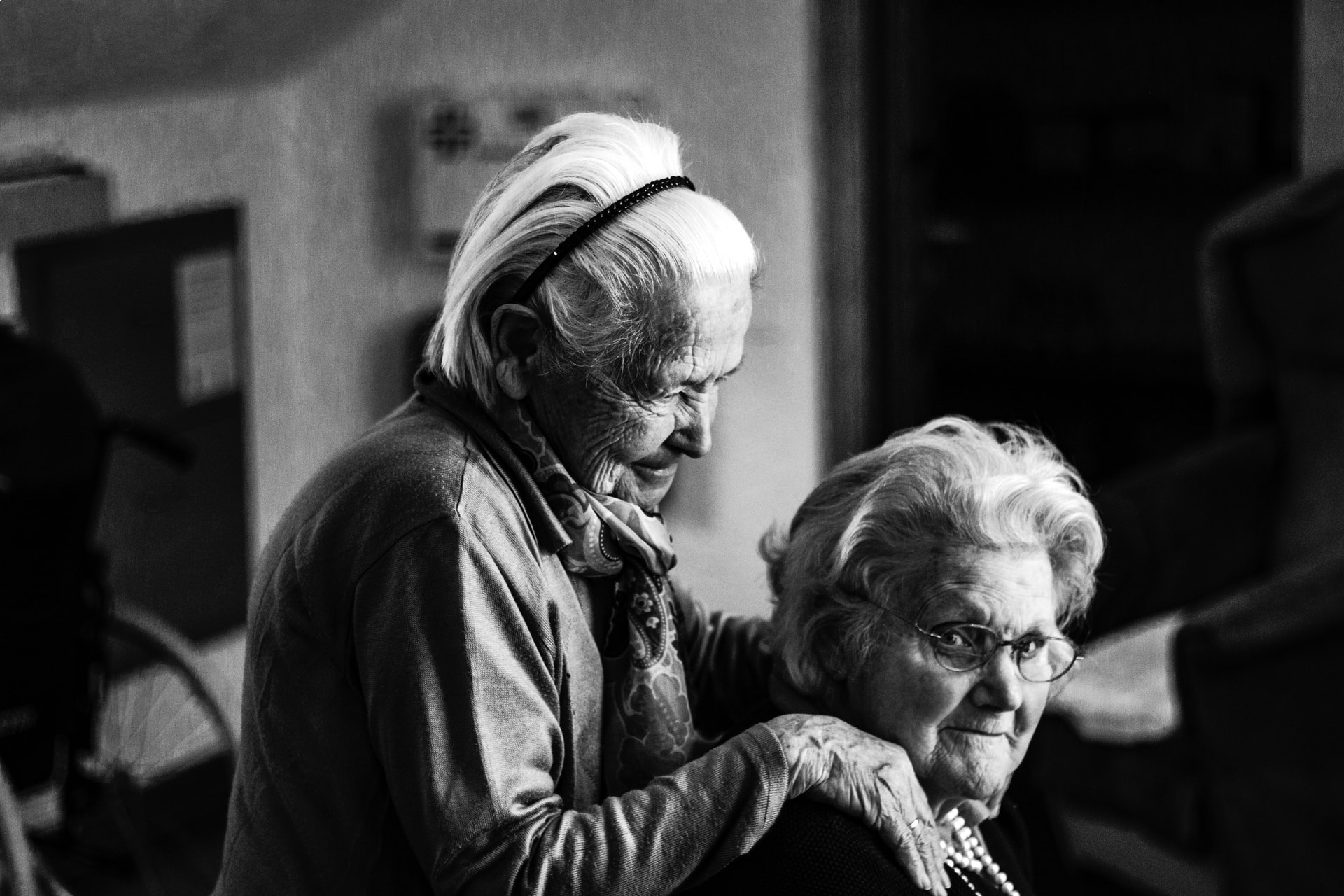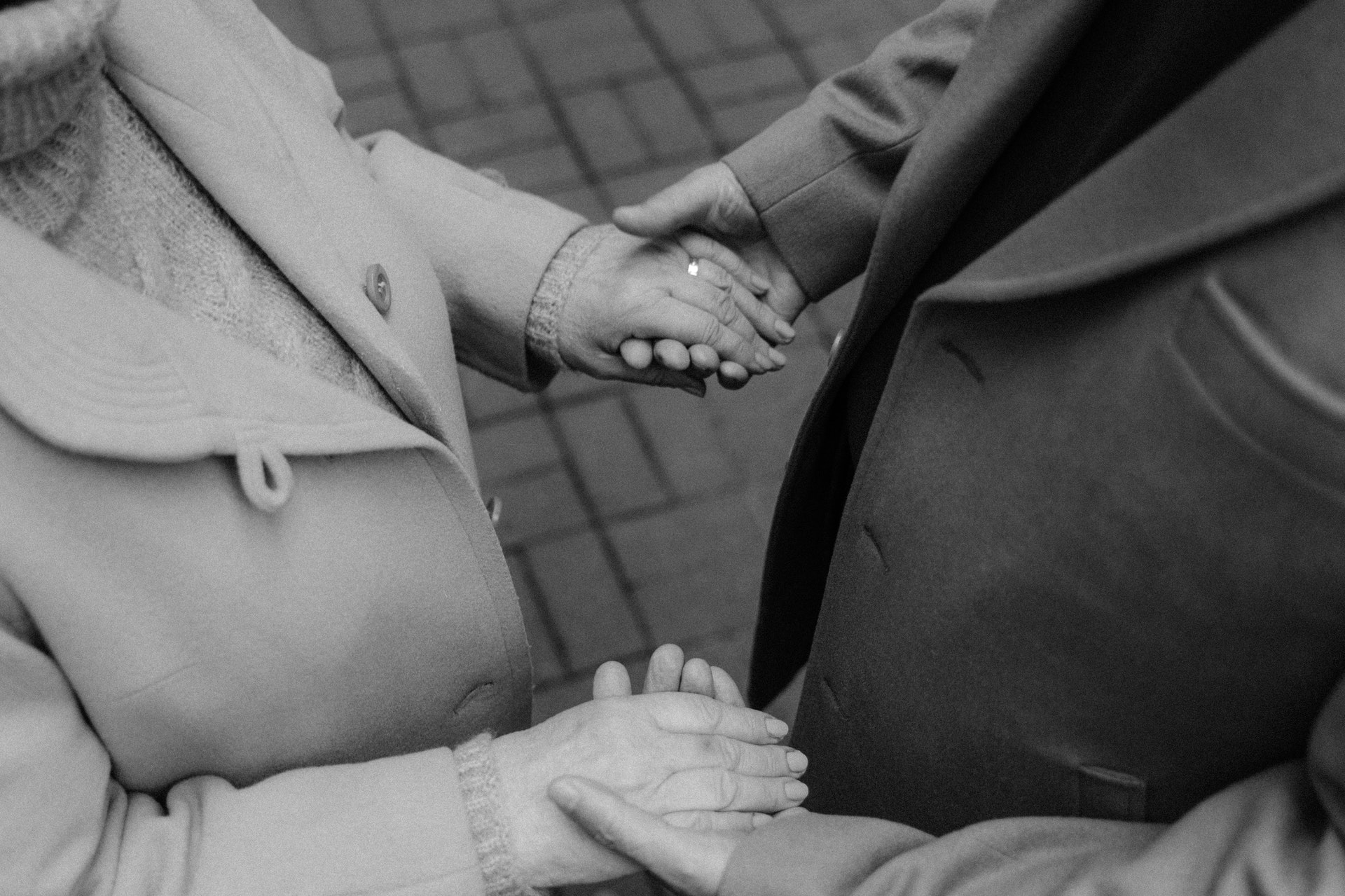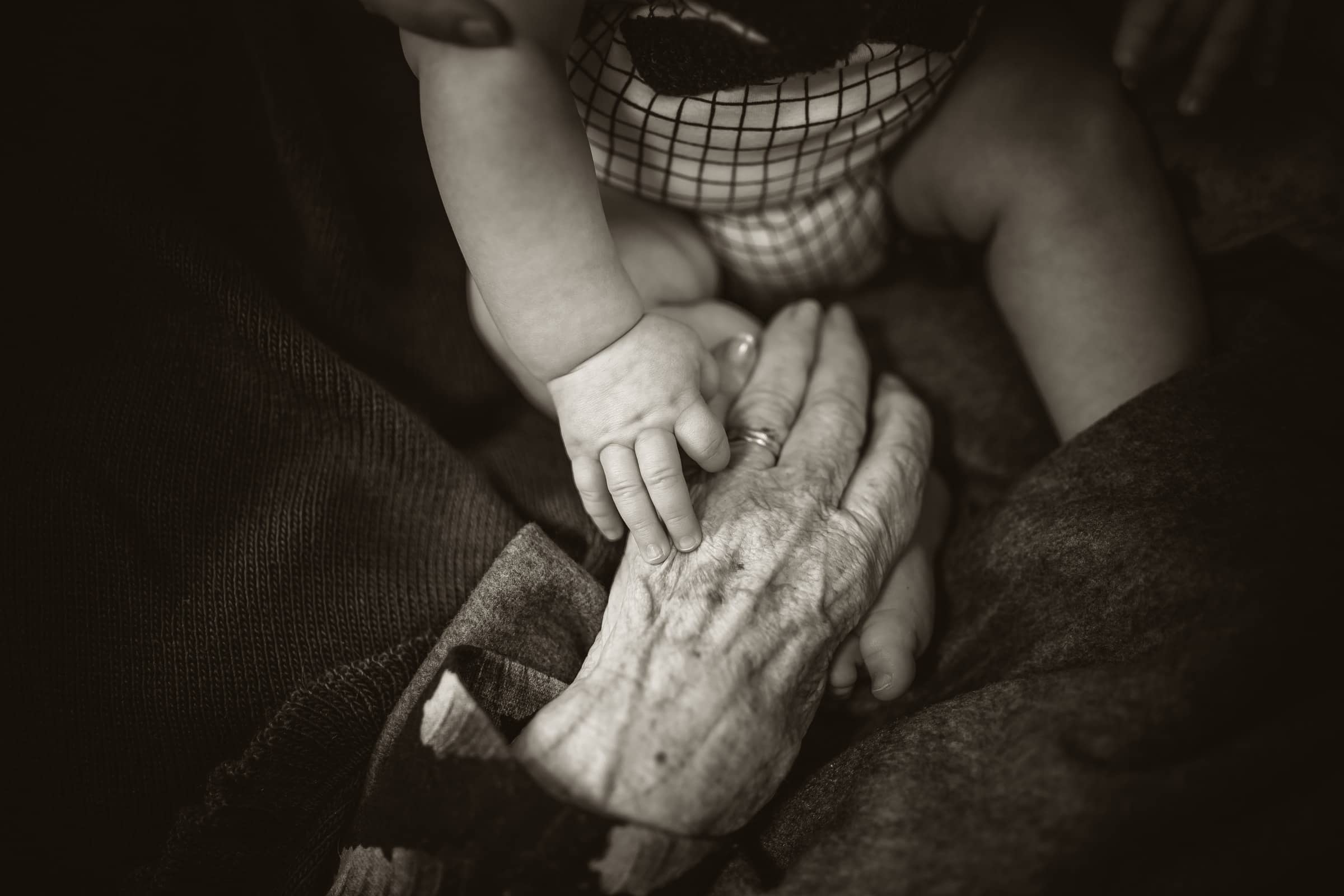LGBT HEALTH AND WELLBEING IN LATER LIFE | Read Time 10 Minutes.
LGBT health and wellbeing can be a struggle for older adults. Many older LGBT people have experienced a lifetime of discrimination and a “different” way of living. Because of this, elderly LGBT people are at higher risk of depression and social isolation. In fact, elderly LGBT people are also more likely to have specific health problems and potential economic insecurity.
“Among the keys to successful ageing are good health and competent healthcare; economic stability and security; and strong social and family support. Unfortunately, these are the exact areas where LGBT elders report disparities when compared with their non-LGBT peers.”
Sage Advocacy & Services for LGBT Elders
This article looks at some of the most common legal issues faced by LGBT adults as they get older. Furthermore, we aim to provide LGBT older adults with information on how to prepare for the future.

What are the different elderly LGBT groups, and how is each one affected by the law?
1) The invisible generation
The Invisible Generation is the oldest generation of LGBT citizens in the UK. These lived in the 1910’s and 20’s, at a time when homosexuality was seldom discussed.
LGBT health and wellbeing was unlikely to be a priority in the war torn Britain. Because of this, the Invisible Generation are more likely to be pre-disposed to financial issues or isolation.
2) The Silenced Generation
The Silenced Generation refers to those LGBT individuals born in the 1930’s and ’40s. The older adults from this era witnessed the nations public denial of homosexuality. At this time, gay conversion therapies were popular, and in the 1950’s homosexuality was officially classed as a mental disorder.
It’s likely that LGBT adults at this time were subjected to higher rates of discrimination and social exile, subsequently leading to lack of employment and possible financial issues.
3) The Pride Generation
The Pride Generation refers to a generation of older LGBT people born in the 1950’s and 1960’s. Interestingly, this era witnessed political controversy, riots, demonstrations and LGBT liberation across the world.
This era takes us up to the declassification of homosexuality as a mental disorder in 1974, the HIV crisis of the early 1980’s and the creation of the Section 28 Act in 1986.

5 legal areas to consider if you are an older LGBT adult
1) LGBT HEALTH AND WELLBEING
Medical requirements for LGBT people of all ages vary significantly from those of heterosexual people.
LGBT people are more likely to suffer from sexual health-related illnesses. Sadly, LGBT individuals of all ages also experience higher rates of mental health problems, such as depression, anxiety, and suicidal behaviour. Whatsmore, LGBT people are also more likely to suffer from addiction and alcoholism-related sicknesses and therefore need specific treatments.
These issues often continue into later life, resulting in generations of elderly LGBT people who need specific medical care. For example, in 2019, almost 50% of those accessing HIV medication were aged 50 or over.
From a legal standpoint, some hospitals won’t allow non-family members to make decisions on behalf of LGBT patients. This can be an issue for elderly LGBT people, who are more likely to be unmarried and to be childless.
LGBT HEALTH AND WELLBEING ISSUES FACED BY older TRANSGENDER PEOPLE
Any gender reassignment, no matter the person’s age, requires extensive hormone therapy and regular monitoring. Because of this, elderly transgender people can encounter issues in care homes with their LGBT health and wellbeing. For example, they may not have access to the necessary medical treatments or hormone therapies.
“Transgender elders have specific medical needs, including medically necessary transition-related care. Older adults who transition later in life face added health challenges in accessing care and support.”
Sage Advocacy & Services for LGBT Elders
Of course, some adults choose to transition later on in life.
Reassigning your gender is a costly and lengthy process and involves a copious amount of legal work. Because of this, transitioning in later life can be particularly strenuous on the individual’s LGBT health and wellbeing. Whatsmore, legal problems can arise if they have biological children or are already married at the point of transition.

3) The potential for discrimination in care homes and sheltered housing
When it comes to residential homes in the UK, it’s not uncommon for elderly LGBT residents to report higher rates of discrimination, based on “pre-existing prejudice and stigma.”
Furthermore, a large proportion of elderly LGBT people have often reported that staff members were ignorant of their LGBT health and wellbeing needs. This has sometimes lead to physical or mental abuse.
“Research involving 800 men and 700 women, revealed examples of care staff refusing to acknowledge or miscategorising same-sex relationships. LGBT people also feared expressing their identity and had anxiety over hiding it.”
Excerpt is taken from www.homecare.co.uk
According to the LGBT charity Stonewall, 2 in 5 LGBT people expect to face discrimination in residential homes. Subsquently, many elderly LGBT people would prefer to avoid care homes, even if it means sacrificing their health.

4) wills, inheritance and intestacy
Older LGBT adults will sometimes have specific wishes they want to put in their will, or instructions for their estate when they pass away. Subsequently, arranging affairs, assets, finances and writing a will is of particular importance.
planning your estate
Estate planning is the process of planning what will happen to your finances and assets after you pass away. Importantly, a lawyer will be able to help you structure your estate and finances to make the most sense and maximise.
Estate planning is important for any older person, but for LGBT people in particular, it can provide ease and peace later in life.
writing a will
Intestacy is the legal definition for a person who dies without leaving a will. The largest issue with intestacy can come for LGBT people who are in a relationship but are not married or in a civil partnership.
Sadly, the rules of intestacy dictate that an unmarried partner will not automatically inherit if their partner has not expressed this wish in their will. For this reason, it’s really important for LGBT people to have a will drafted, so their wishes are respected when they pass away.
Powers of Attorney
A Lasting Power of Attorney, or LPA, is a way to give someone else permission to look after you and your affairs when you are no longer in a position to do so. For example, this can be down to a lack of mental capacity, or other reasons.
LGBT older adults will often choose close friends to be their attorney, so it’s important to document this.
5) Finances and Pensions
Many elderly LGBT people have lived without the financial support from spouses or family members. Unlike hetero people, LGBT people are far less likely to be married, thus lacking the potential financial stability from a partner. This can have a huge impact on their LGBT health and wellbeing, leading to further experiences of isolation.
Whatsmore, inequalities and discrimination in the workplace mean that many older LGBT people can enter their later years with little to no personal finances. In the UK, elderly LGBT people are more likely to live in NHS funded care homes. Unfortunately, this is because older LGBT people are generally less able to self-fund private accommodation.
“Many older LGBT people may have also faced housing discrimination when they were younger, which can lead directly to lower earning power and economic insecurity.”
Sage Advocacy & Services for LGBT Elders
Pensions for LGBT people are slightly complex. State pensions depend on a persons National Insurance contributions throughout their life. However, private pensions have come under fire for being discriminatory towards LGBT people.
If you are married or in a civil partnership, you are entitled to a survivors pension from your relevant spouse’s occupational pension. However, these benefits are only based on contributions from 2005 onwards, when same-sex couples were legalised in the UK.
“Count your age by friends, not years. Count your life by smiles, not tears.”
– John Lennon
what comes next?
Don’t worry! Here are some steps you can take to avoid issues with LGBT health and wellbeing in later life.
- Make sure you have a written will that clearly dictates all of your wishes.
- Protect your finances as much as possible in the lead up to your later years, and make sure you’re well informed about your pension entitlements.
- If you’re thinking of going into a residential home or a retirement community, it’s best to do some research first. You can spot if there are any LGBT specific policies in place to prevent discrimination.
LGBT Lawyers can help by connecting you with an SRA-regulated lawyer for your LGBT health and wellbeing. For example, we can help when registering your powers of attorney or making sure you have a financial plan for the future. We can help you to draft your will, ensuring all of your wishes are correctly documented.
No matter your age, gender, gender identity or sexual orientation, LGBT Lawyers is dedicated to your LGBT health and wellbeing. We will always connect you with an SRA- regulated lawyer who is either LGBT themselves or has experience working with the LGBT community.



0 Comments